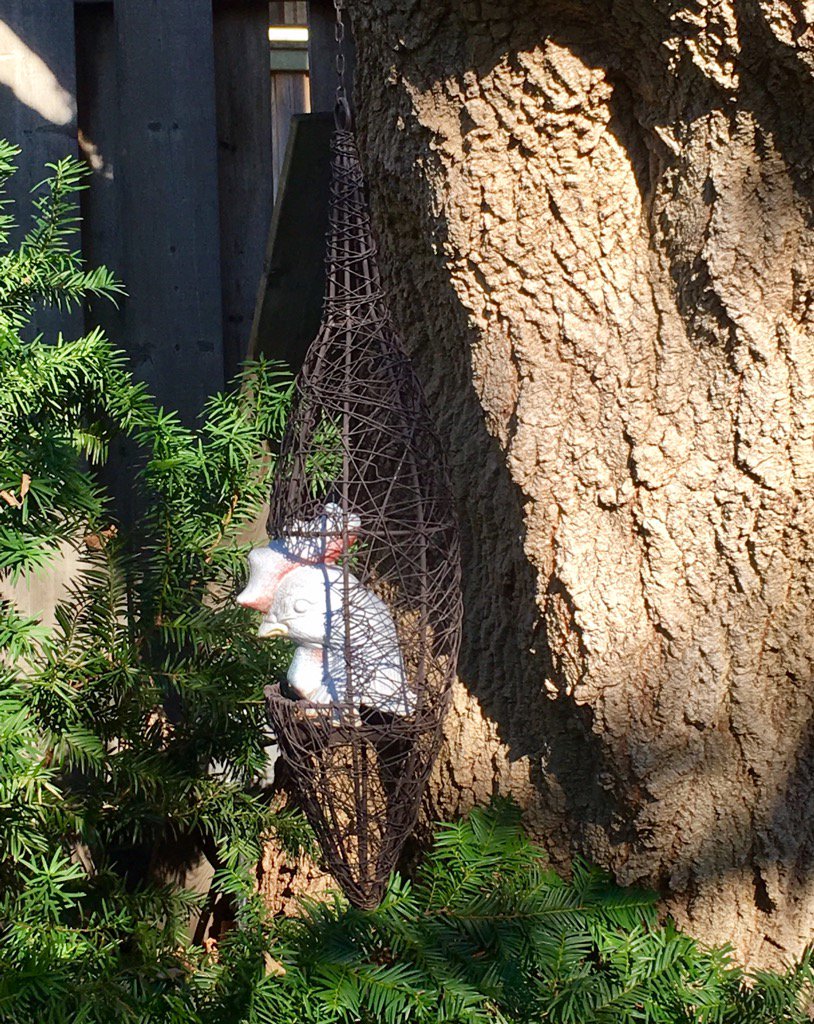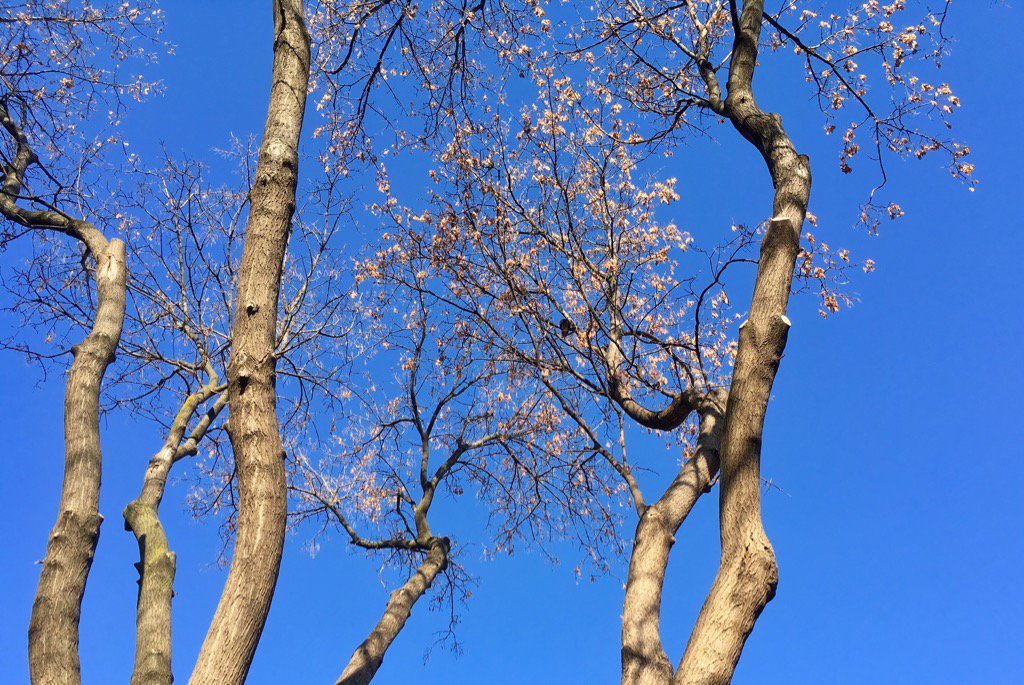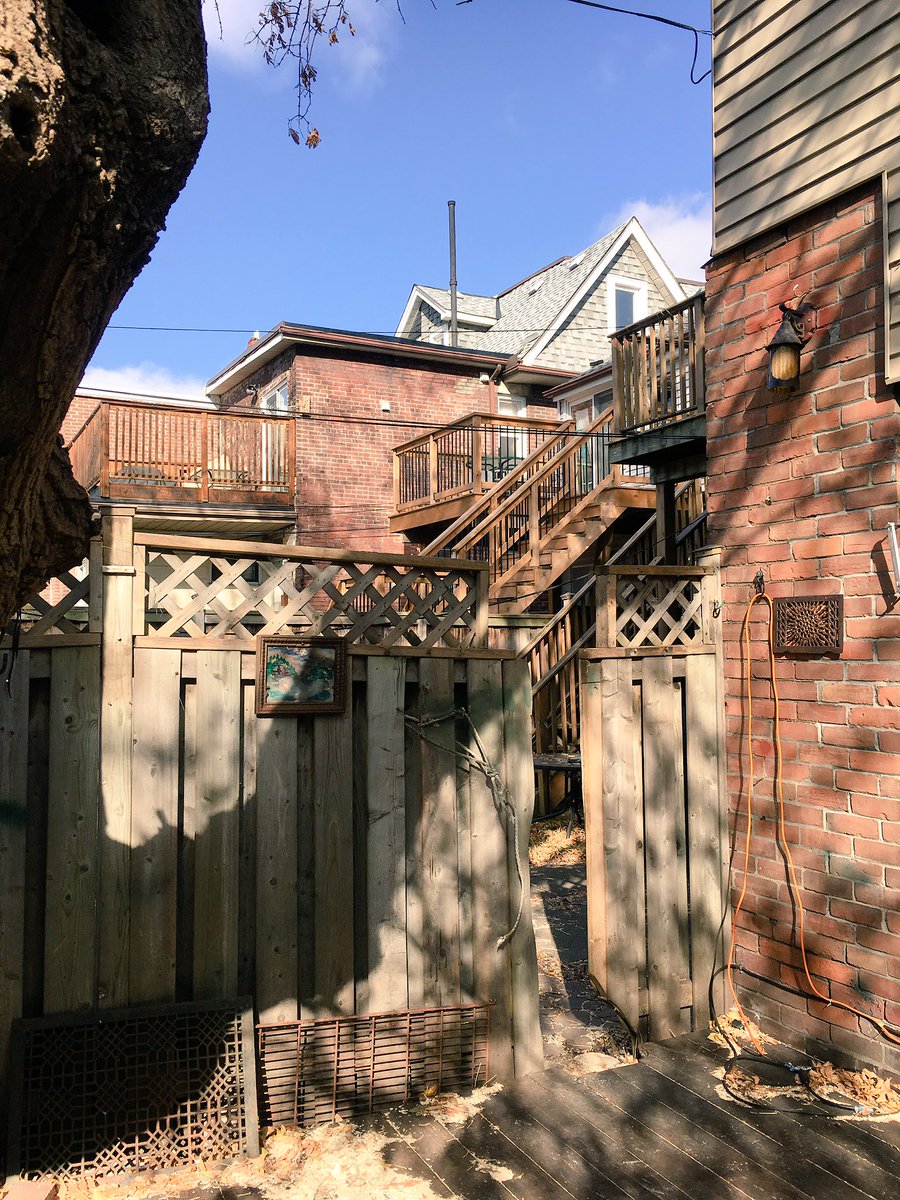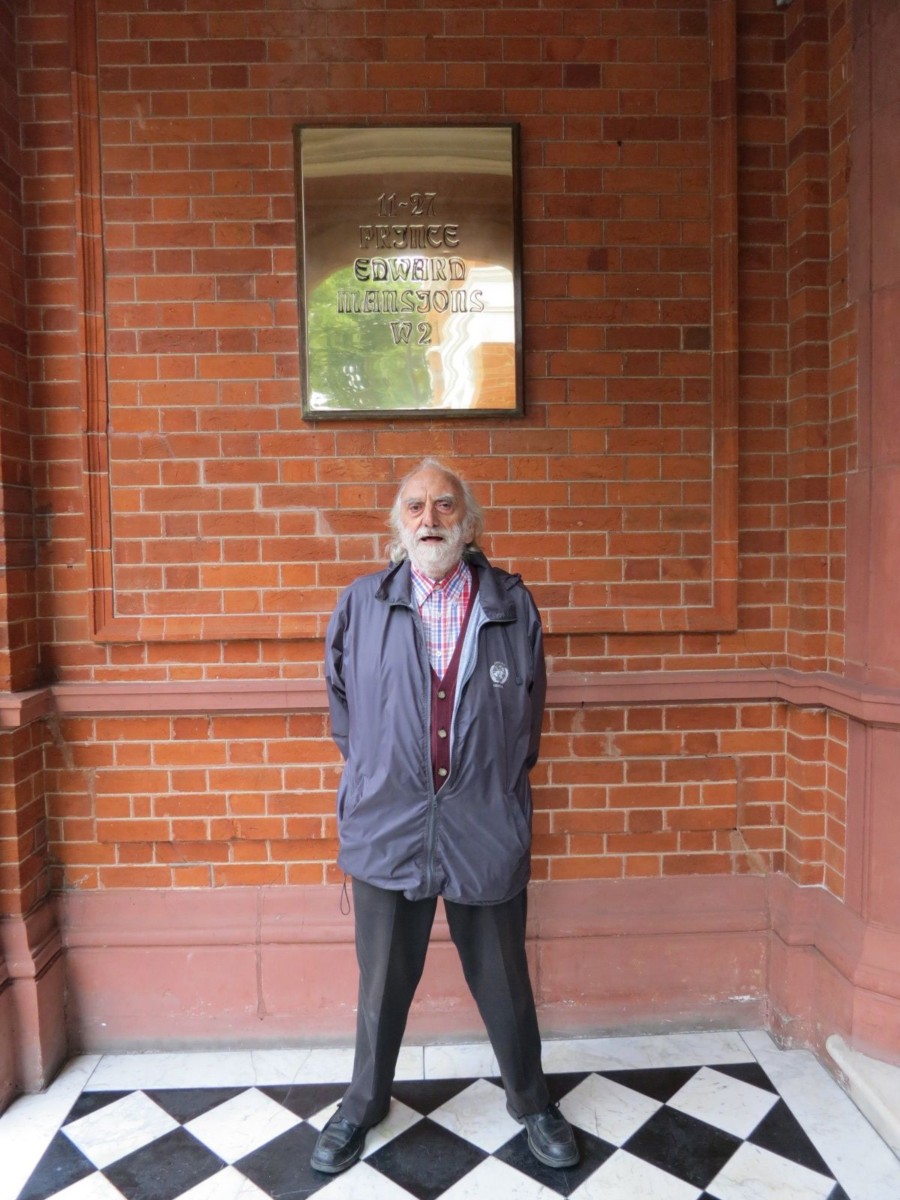 For years the sentinel Manitoba maple in our back garden observed it all.
For years the sentinel Manitoba maple in our back garden observed it all.
At first, my father diligently pruned the branches to keep the canopy close to the deck where it could provide shade in an otherwise open area. Over the years, he tired of the practice and stopped keeping the branches in check. They shot weedily upward and outward, transforming the maple into an unusual shape.
A few years ago, he hoped one particularly long tentacle branch would make its skinny way in easterly fashion around the long south side of the house to the front garden. Although he nurtured it and willed it to grow, one day when it seemed as though it might fall off the tree, it was pruned back – but not by his hand.
The garden eventually became a small forest, with the massive maple the focal point of all the trees and vegetation. We also had cedars, yews and other hedges, which like the trees, provided homes and exploration areas for birds, squirrels, and oftentimes raccoons and other critters.
A sumac Tree of Heaven for years competed alongside a smaller sister tree growing right through the shed roof at the urban western edge of the property where fence meets lane.
The carpenter who built the shed told my father that if it were built around the smaller sumac, the tree would choke to death, eliminating the need for costly city approval to have it removed. My father agreed and not so secretly hoped that as the trunk grew, the shed would rise in tandem, eventually becoming a tree house.
It never came to pass. The shed stayed affixed to terra firma, but pressure from the expanding trunk meant the roof sprang leaks. The branches of the smaller sumac pushed upward into the branches of the bigger tree. The trunk bubbled out over the edges of the metal collar in which the carpenter had enclosed it, making the bark look like it was overflowing from a cooking pot. The branches grew fewer leaves as the years passed.
Another, smaller Manitoba maple grew close to our house on the northern boundary between our property and the adjoining property. It reacted poorly to the intense pruning it received from the neighbors, as it began to bend, then grow outward on a 20-degree angle over the next-door property. Nonetheless, for many years it benefited on its journey northward from a hole benevolently cut in our fence under my father’s direction to help it expand.
Other trees, mostly sumacs, grew up on the neighbor’s side of the south fence – at some point their garden became a veritable forest in its own right.
One year, at my father’s annual Canada Day party on July 1, a visiting journalist with a self-assigned beat covering the Hell’s Angels motorcycle club was sitting on the deck beneath the maple. He suddenly announced that a squirrel had puked on him, raising eyebrows among the other guests at the time, and, in subsequent years in his absence, endless jokes about the phenomenon.
Just this year, some unidentifiable liquid landed on my arm from the tree, validating what we had long suspected was fiction. In retrospect, two suspected squirrel vomit attacks over so many years is not that bad.
After his retirement, my father spent as much time as he could outdoors. In the garden, he swept up seeds, branches and leaves from the very same trees, he shoveled snow, walked throughout the city, drank cappuccino on restaurant patios or on our deck under the maple.
Despite his hard work pruning, so much dead wood eventually built up in the tall trees, they seemed to be a safety hazard. The northern neighbor’s side of the big Manitoba maple began to die off. Perhaps unsurprisingly, the main, healthier boughs appeared to tilt more towards the south away from their house and towards ours as it tried to protect itself from human threats.
EXPERTS WEIGH IN
Our dense urban forest eventually became a real concern, so this summer, I asked several tree specialists to visit and dispense advice on how best to manage it.
One specialist gave us a foreboding warning, telling us by no means to sit under the big tree branch for fear that it might fall and crush someone to death, but declined the job of pruning it.
Others seemed enchanted by the rare sight of a tree growing inside the shed and out through the roof. Another never appeared. One never provided a quote.
The quotes for the work amounted to thousands of dollars, although we did not need city permits to cut down the small sumac tree growing through the shed roof or the one bending into the neighbor’s garden because their trunk girths were small enough. Once a tree trunk hits a certain size, chopping it down becomes a costly and complicated exercise requiring approval from City Hall bureaucrats.
Due to the similarity of the estimates, I decided to recruit the aid of an urban forester who spent the most time examining the trees and who seemed most knowledgeable.
Several months later, after paying a hefty deposit and engaging in much email to and fro over when the work would actually happen, three other men showed up to do the pruning, chopping and chipping work.
We had the Tree of Heaven in the shed cut off just below the roof, so the trunk can still be used as a pillar to hang tools and garden paraphernalia inside it. We had the deadwood cut from the big Manitoba maple and from another Tree of Heaven on the south side of the property.
Now neatly pruned and reduced as a result of much scary-looking clambering about in the tree by the pruners, the branches of the Manitoba maple extend elegantly upward like the crinkly fingers of a big hand reaching toward the sky.
 Most of the autumnal leaves fell or disappeared during the intense activity by the pruner whose declared intention was to eliminate branches upon which snow and ice could potentially build up ultimately causing the branches to break.
Most of the autumnal leaves fell or disappeared during the intense activity by the pruner whose declared intention was to eliminate branches upon which snow and ice could potentially build up ultimately causing the branches to break.
Squirrel and bird perches were chopped off.
Overall, both the cost and the neat appearance of the garden were a shock. The trees now look much happier.The leafy finale had me wondering whether any wildlife would re-emerge, but the squirrels and birds returned the following day, albeit extremely high up in the branches where they can still nibble on the remaining maple keys.
The cedars at the front of the house have been trimmed into giant green balls for years. They had outgrown their space, according to the forester. Trimming them had become tantamount to performing major surgery, requiring ladders and several different types of pruning tools. My arms would become very scratched and itchy and it was difficult to prevent the cedars from becoming bald.
The urban foresters mercilessly — or mercifully — hacked the cedars down with a chainsaw, and they are due for replacement next year.
If the trees had been growing on city property, they would have cost nothing to prune or remove. Because they were not, it became clear why so many people in Toronto pave over gardens to prevent trees from growing and to avoid incurring phenomenal costs.
Trees store carbon and can mitigate the effects of climate change-related global warming, so it’s best to keep as much canopy as possible. In cities, cooling tree canopies near buildings can help reduce the need for air conditioning. In rural areas, often crops can be grown under tree canopies.
I’m not sure exactly what my dad would think about the pruned trees, but I suspect he would have preferred the untamed wilderness look.





